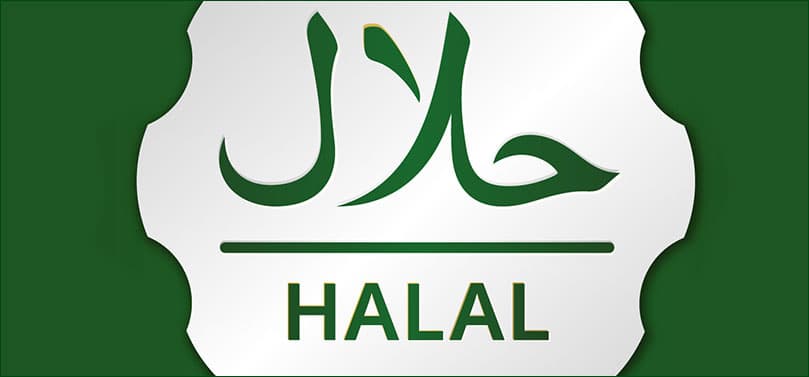Have you ever wondered about the authenticity of a halal investment? Companies throw around terms like “halal” or “Shariah-compliant” often without defining them. Sometimes, your financial advisor might be claiming adherence to Islamic finance principles without really understanding what they mean–maybe unintentionally, maybe not. This is especially the case when a financial firm offering “halal” investments also sells conventional investments, too.
These types of advisors may be guilty of what we call “halalwashing,” which is when a firm spends time and money making false or misleading claims about the compliance of a product or service. It’s a riff on the term “greenwashing,” which was coined in the 1980s to describe outrageous corporate environmental claims. In the world of Islamic finance, halalwashing is the act of making false or misleading claims about the authenticity of a product by focusing on a few sustainable or ESG investments in a portfolio (which may or may not pass Islamic screening criteria) and ignoring the majority of holdings that don’t support the argument.
We’ve seen this lately as conventional brokers and advisors discover the importance and size of the halal market in the United States. Those folks sometimes assert that they are able to offer halal portfolios to their Muslim clients. A deeper dive into their offerings often reveals a lineup of investments that are either questionable or outright impermissible.
Many times, financial advisors’ claims about authentic halal investments are not backed up by evidence or third-party certification. An example of this would be products that advisors claim are managed in accordance with standards set forth by the Accounting and Auditing Organizations for Islamic Financial Institutions (AAOIFI), which is the de facto gold standard for Shariah compliance in Islamic finance globally. Sometimes the investments pass AAOIFI screens; sometimes they don’t. Without an independent Shariah audit it’s impossible to tell.
The takeaway here is that you need to be confident that your investments are halal. That’s not always the case with many financial advisors asking for your business. Let us help. You can become a client, using our halal, AAOIFI-compliant products and planning solutions, or we can sometimes collaborate with other financial advisors you work with already to create products that meet AAOIFI standards.
So, don’t buy into the hype of halalwashing or settle for a misleading label. Have the peace of mind that all of your investments are halal.




